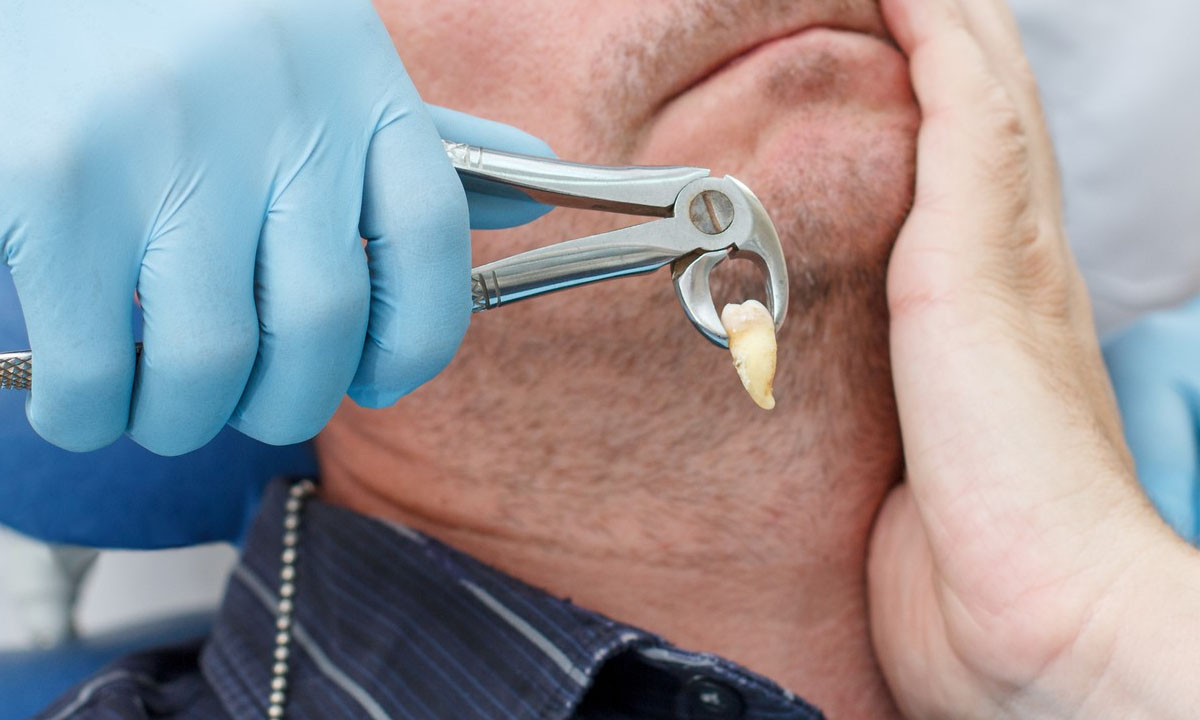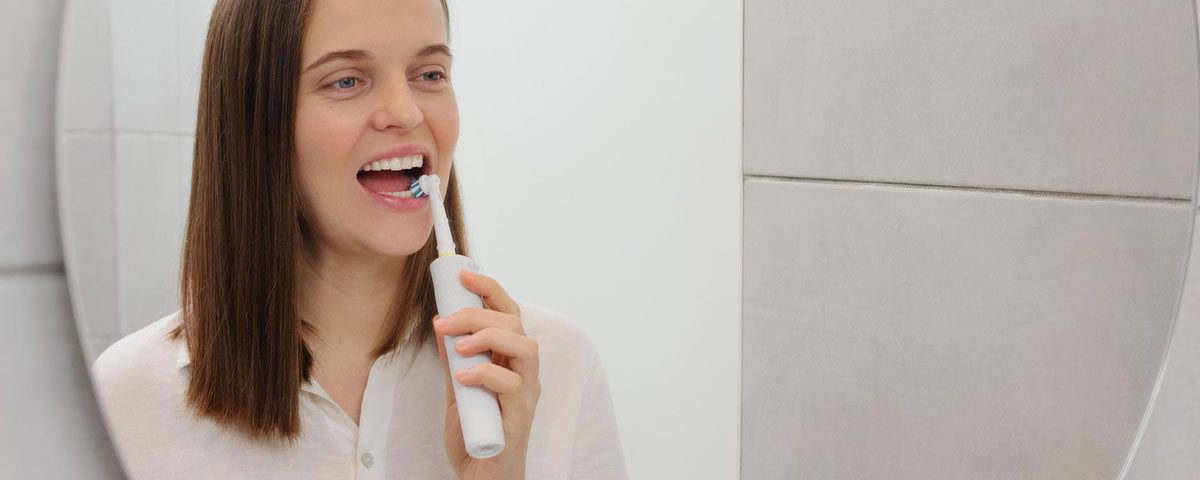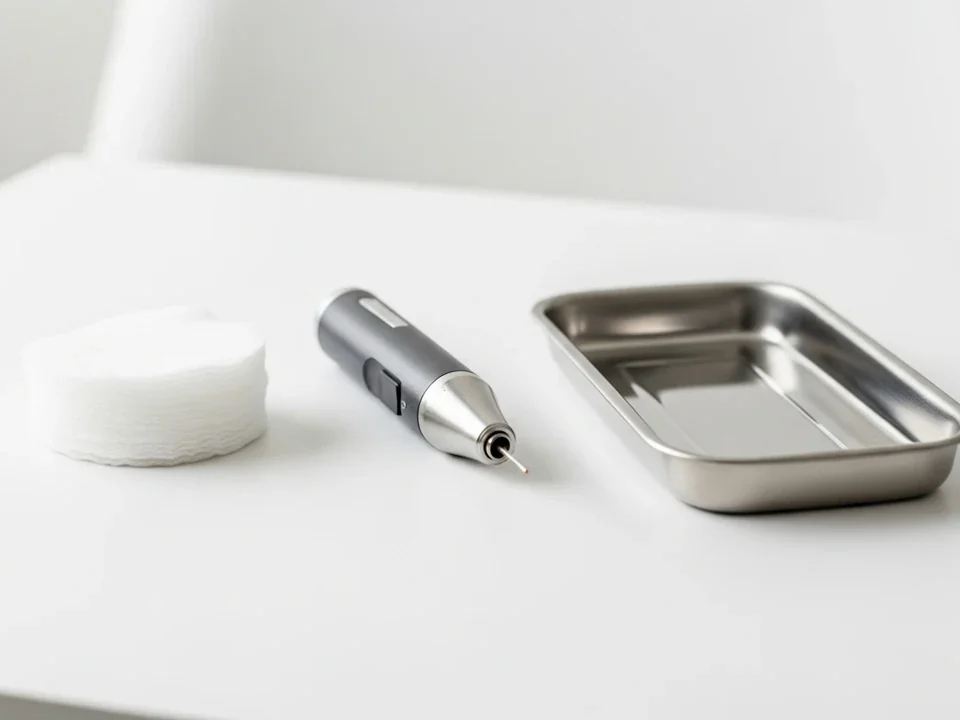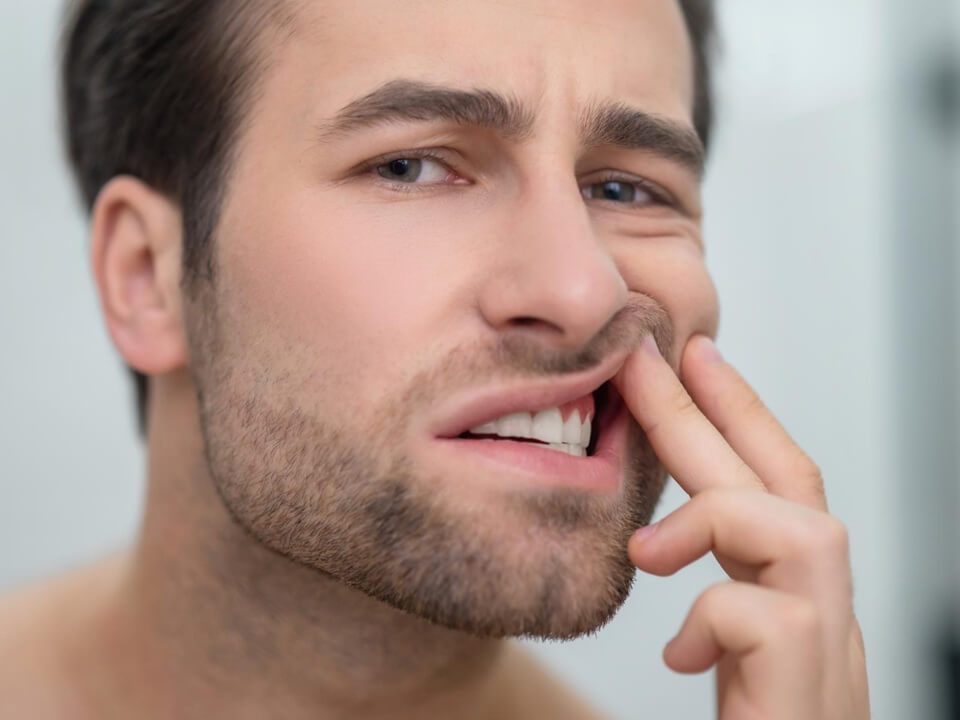
Prosthodontist vs. Cosmetic Dentist: What’s the Difference?
October 31, 2024
Can I Wear My Retainer After Wisdom Teeth Removal?
November 14, 2024After tooth extraction, caring for your mouth properly helps avoid complications. Many patients ask about brushing teeth after wisdom teeth removal. While you may want to keep your teeth clean, brushing must be done carefully to prevent disrupting the healing process. Let’s get into the details and see how you can brush teeth after wisdom removal in different situations.
Table of Contents
ToggleCan You Brush Your Teeth After Wisdom Teeth Removal?
Yes, you can, but with caution. After removing wisdom teeth the mouth needs time to heal. Brushing after wisdom teeth removal should not be too close to the extraction site for at least the first 24 to 48 hours. It could disturb blood clots that form and lead to dry sockets. Focus on brushing your front teeth and keep the brush away from sensitive areas to prevent irritation and protect the healing tissue.
Can I Brush My Teeth 24 Hours After Wisdom Teeth Removal?
During the first 24 hours after surgery, a gentle rinse with salt water will help keep your mouth fresh without risking the surgical area. For brushing teeth after wisdom teeth removal, carefully brush the front teeth, but avoid any areas near the extractions. Also, avoid forceful spitting, as it can disturb the clotting and healing process.
Can I Brush My Teeth 3 Days After Wisdom Teeth Removal?
Three days after wisdom teeth removal, you may feel ready to brush more areas in your mouth. Brush carefully and avoid the extraction site if possible. Gentle brushing on the rest of your teeth is safe, but avoid strong rinsing, which may still irritate the sensitive gum tissue around the extraction area. Use a toothbrush with soft bristles to protect your gums.
Note: If you experience bleeding after brushing teeth after wisdom teeth removal, stop brushing immediately. Rinse gently with salt water, and place a damp gauze pad on the area, biting down lightly. Avoid vigorous rinsing or spitting. Contact your dentist if bleeding continues.
Click Here to Learn about Clear Aligners
Can I Brush My Teeth and Use Mouthwash After Wisdom Teeth Removal?
While brushing teeth after wisdom teeth removal is important, using mouthwash requires some extra care. Traditional mouthwashes with alcohol can irritate sensitive gums after surgery. Most dentists recommend waiting a week before using regular mouthwash. Alcohol-free mouthwash may be gentler, but even then, it’s best to be cautious.
Instead, use a saltwater rinse in the first week:
- Mix 1/2 teaspoon of salt in a glass of warm water.
- Gently swish the solution in your mouth, especially near the extraction sites.
- Avoid vigorous swishing, which can disturb the blood clot.
When Can I Use an Electric Toothbrush After Wisdom Teeth Removal?
After brushing teeth after wisdom teeth removal, wait at least two weeks before switching back to an electric toothbrush. Electric toothbrushes are powerful, and the vibrations might disturb the blood clot and healing tissue around the extraction area. After two weeks, ask your dentist if it’s okay to use an electric toothbrush again. They can assess your healing progress and let you know when it’s safe.
How Can I Brush My Teeth After Wisdom Teeth Removal?
It is important to know how to brush your teeth after wisdom teeth removal. Here’s a step-by-step guide on how to do it safely and effectively:
- Keep the toothbrush angled away from the extraction site. Tilt the brush at a 45-degree angle along the gumline.
- Use gentle, circular motions rather than a back-and-forth scrub to reduce pressure. Keep strokes short and controlled to prevent accidental contact.
- For the first week, brush only the teeth on the opposite side and areas far from the extraction site, gradually moving closer as healing progresses.
- Limit brushing to a minute or two. Take frequent breaks if you feel discomfort, and resume after a few seconds.
- Wet your toothbrush with lukewarm water to make it softer and gentler on gums as cold or hot water may be uncomfortable on sensitive areas.
- Focus on brushing your tongue, inner cheeks, and roof of the mouth to reduce bacteria, especially since you’re avoiding the extraction site.
Conclusion
Taking extra care with brushing teeth after wisdom teeth removal supports a smooth, quick recovery. Following gentle techniques and avoiding the extraction site prevents irritation, protects the healing area, and keeps your mouth fresh. Stick to these careful practices, and you’ll be back to your full oral care routine in no time. If you have any concerns or experience increased discomfort, reach out to the best dentist in Ahwatukee for guidance.
FAQs
Yes, you can use toothpaste, but avoid brushing too close to the extraction area. Use a mild, non-foaming toothpaste if needed.
Use a soft-bristled brush on the front teeth and rinse with a saltwater solution to clean your mouth.
Most people can start chewing with their back teeth after about a week but always follow your dentist’s specific instructions.



